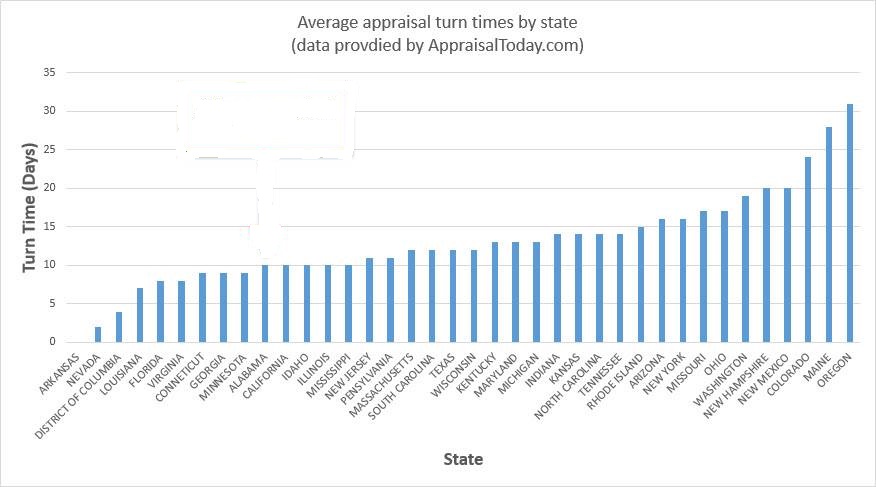 Having settled, subject to final court approval on or around July 1, 2024, Burnett vs. NAR (National Association of Realtors) the proposed changes, as outlined on pages 95-98, will undoubtedly hurt buyers who can’t pay for representation that has always been, in most cases, paid by the seller. I say in most cases because it’s never been mandatory that a seller pay a cooperative commission to a buyer’s agent for bringing a ready, willing & able buyer. Somehow the Plaintiff’s allegation that a “conspiracy to inflate or stabilize broker commissions by NAR’s mandatory offer of compensation rule” has taken a cooperative commission offer to a whole new level, suggesting that commission rates have been fixed. Commission rates have always been negotiable and anyone who interviewed multiple brokers to list their home for sale knows that only too well.
Having settled, subject to final court approval on or around July 1, 2024, Burnett vs. NAR (National Association of Realtors) the proposed changes, as outlined on pages 95-98, will undoubtedly hurt buyers who can’t pay for representation that has always been, in most cases, paid by the seller. I say in most cases because it’s never been mandatory that a seller pay a cooperative commission to a buyer’s agent for bringing a ready, willing & able buyer. Somehow the Plaintiff’s allegation that a “conspiracy to inflate or stabilize broker commissions by NAR’s mandatory offer of compensation rule” has taken a cooperative commission offer to a whole new level, suggesting that commission rates have been fixed. Commission rates have always been negotiable and anyone who interviewed multiple brokers to list their home for sale knows that only too well.
With that said, there’s a certain amount of irony in the fact that the Plaintiffs’ Motion for Attorneys’ Fees is almost as long as the settlement itself and comprised of fixed rate calculations utilizing the Lodestar Method. The case law that brought about the change to how attorneys calculate fees is predicated on a $14,000,000 fee attached to a $37,000,000 judgment. I think most would agree that 37.8% is a bit excessive but what about 33-36%, that’s where they’re at. In addition to several structured hourly rate graphs and charts included in their Motion for fees, the Plaintiff’s attorneys have drafted page after page highlighting the skill of their adversaries, the time away from their lucrative practices and god forbid, the possibility they should not prevail and not make any money.
The latter sounds like something every buyer’s agent knows only too well, losing a buyer to another agent or the buyer not qualifying and not being paid. We’ll certainly see many more buyers unable to achieve the dream of home ownership and in some instances, be forced to work directly with the Listing Broker. Although perfectly legal to do so in many States, this scenario is ripe for allegations of conflict of interest but, I’m sure our attorney friends, at somewhere between 33-36% of any settlement, will be glad to step in and make things right.
Buyers who require sellers’ assistance with allowable closing costs, basically anyone with less than 20% down or certainly FHA or VA purchasers will be faced with a mandatory buyer representation agreement that, in most cases, obligates them to agree to pay the buyer’s agent’s fee. Needless to say, a USDA or VA buyer who is utilizing a no-downpayment loan program is doing so out of necessity and therefore cannot agree to pay a buyer’s agent. Adding this cost to the sales price and taking it out of the seller’s proceeds has potential shortcomings concerning the home appraising at its newly inflated price.
In this high-interest environment, buyers may need all the allowable closing costs they can get, not only to get to a reasonable cash-to-close figure but, to buy-down interest rates as well. Building in a buyer agent commission limits the assistance a buyer in need can seek, in many cases 6% of the sales price. Of course, even if agreeable, building in a commission of any amount and adding it to the borrower’s loan will stay with them at current interest rates for as long as they have that loan.
Sellers have always been able to recognize the value of as many buyers as possible viewing & potentially making an offer on their home. With a much smaller buyer pool sellers will have no choice but to negotiate commissions, not just with their listing Broker but with a buyer’s Broker as well. At Investors Trust Realty we’ll be gearing our buyer’s representation agreement to the benefit of our buyers thus seeking commissions directly from the seller first. Regarding listings, we’ll continue the practice of representing only the seller thus avoiding any conflict amongst our valued clients.
Bob Zawaski, G.R.I.
Principal Broker
Investors Trust Realty














